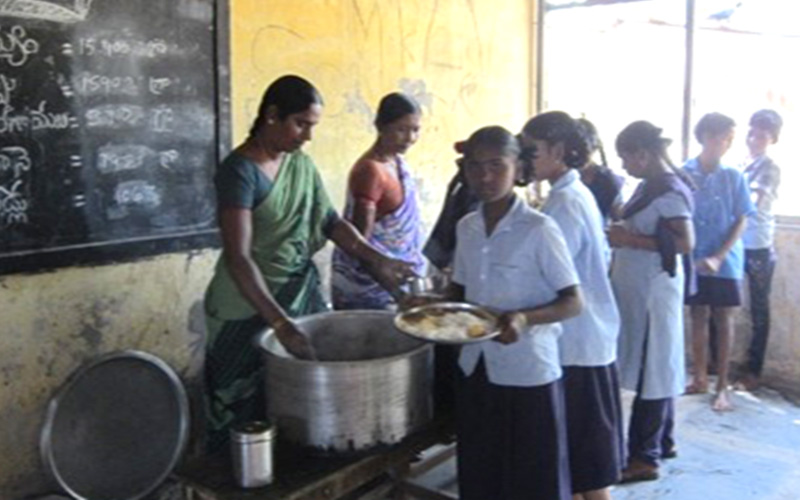
In India, many adolescent girls face development challenges
related to their health, nutrition, and overall well-being due to gender based
social norms that impose restrictions on girls and create opportunities for
boys. Anemia, which intersects the three areas of health, nutrition and
well-being, is one such development challenge. In general, socio-economic and
other factors contribute to anemia in adolescents. It inhibits growth and
development and, in later years in life, poses a major threat to maternal and
child health. Both the central and state governments have launched a number of
schemes and programs to ameliorate the nutritional status of women.
CCC-I
conducted formative research study in two states – Bihar and Andhra Pradesh to
assess adolescent girls’ understanding, their knowledge, practices and social
norms surrounding anemia and its different dimensions. The purpose was to generate concrete and actionable ideas that would guide development
of intervention program/strategy and implementation plan.
The study used qualitative research methods for gathering information and insights from government officials, service providers and representatives of local organization working in adolescent health. In addition, the study team interacted with school-going and out-of-school adolescent girls, their mothers and observed cooking and consumption practices at household and school level. CCC-I also conducted rapid rural appraisal activities to understand the relation between food availability and consumption and school attendance.